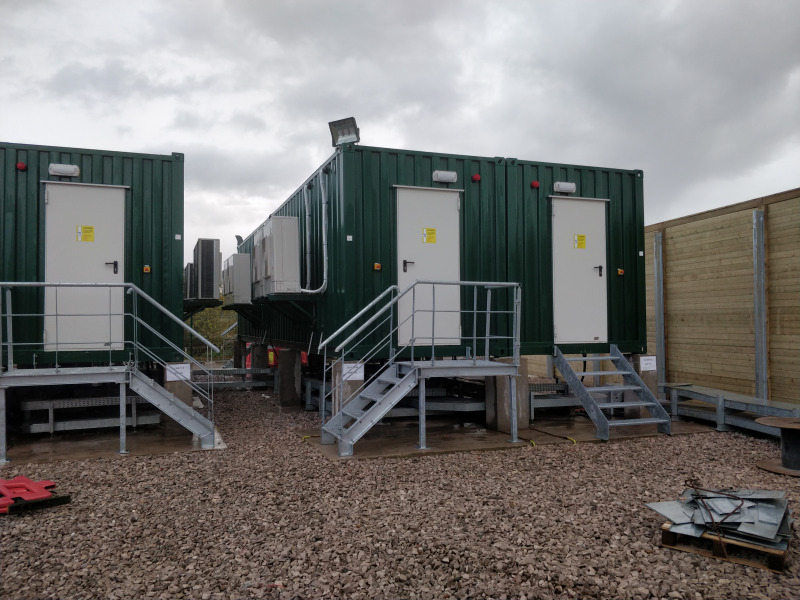
Gresham House’s 49MW Red Scar battery is set to be optimised as part of the deal. Image: Gresham House.
Gresham House Energy Storage Fund is continuing its recent spate of optimisation deals, penning an agreement with Habitat Energy.
Habitat will optimise 74MW of Gresham’s UK energy storage projects spread over three sites. The 49WM Red Scar battery, which was acquired by the storage fund in December 2018, is to be optimised, along with a 20MW project in Wiltshire and a 5WM site in Wolverhampton.
The projects are set to use Habitat’s PowerIQ platform, which maximises the value of the assets across the wholesale markets through an algorithmic and machine learning approach, whilst also managing their degradation to extend their useful lives.
Ben Guest, managing director of new energy at Gresham House Asset Management and manager of Gresham House Energy Storage Fund, said Habitat’s trading acumen and algorithmic trading approach gave the fund “real confidence” that it can help the fund achieve its target revenues.
Gresham House has been on a spree of acquisitions and deals lately. Alongside the Red Scar acquisition, it has also taken on a 40MW facility in Kent and a 10MW facility in Cumbria. The London Stock Exchange-listed fund currently has an investment portfolio of operational utility-scale storage projects of 174MW.
Gresham has also partnered both KiWi Power, who will optimise the company's15MW Lockleaze battery against multiple revenue streams, including ancillary services, and which has been slated for participation in the Balancing Mechanism.
Flexitricity has also partnered with Gresham for battery optimisation services, as has EDF Energy in September 2019.
Elsewhere, Habitat Energy has secured a contract with Arlington Energy for the optimisation of a 40MW battery in August 2019.
Andrew Luers, CEO of Habitat Energy, said the company is “delighted” to be working with Gresham to accelerate the deployment of “much needed” flexible power assets.
